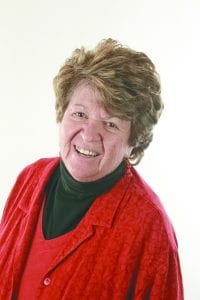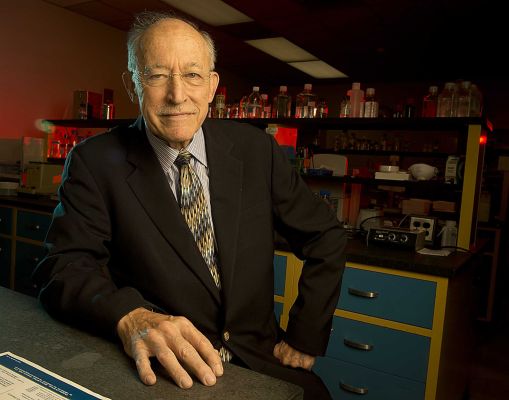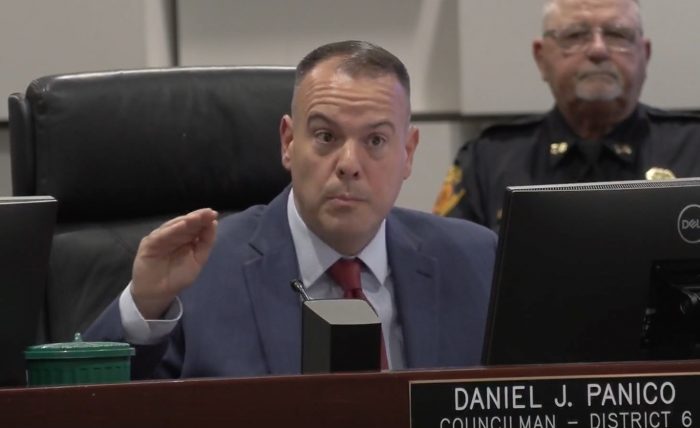By Aidan Johnson
As the primary elections move closer, New York’s 1st Congressional District has experienced some shakeups within the Democratic race. Three candidates, Craig Herskowitz, Kyle Hill and James Gaughran, have exited.
Herskowitz left the race to instead pursue the New York State Senate 2nd District, saying, “In the meantime, I’m ready to roll up my sleeves and get to work electing Nancy Goroff as our next representative in Congress for District 1.”
In a press release, Hill announced that he was suspending his campaign, stating that he encourages “Suffolk Democrats to maintain their focus on flipping NY-1 because this election is entirely up for grabs.”
Gaughran is no longer running due to the redistricting of the congressional districts. Despite still living inside the new district, and therefore being qualified to run, he feels that his Democratic base has been gutted, saying in an interview that “the redistricting took away all of the large Democratic communities in the Town of Huntington that I represented in the state Senate and gave them to [U.S. Rep.] Tom Suozzi [D-NY3].” Since leaving the race, Gaughran has endorsed the newest candidate, John Avlon.
Owning homes in Sag Harbor and Manhattan, Avlon announced his bid for the congressional seat on Feb. 21, saying in a video posted to social media platform X: “This election is not a drill. It’s up to all of us to step up and get off the sidelines.” He is currently facing off against fellow Democrat Goroff.
Avlon has previously served as a CNN contributor and editor of The Daily Beast. Additionally, he helped found No Labels, a centrist political organization. However, Avlon has since condemned the organization’s attempt to run a third-party presidential candidate in the upcoming election, saying he “hasn’t had anything to do with the organization in more than a decade.”
Avlon is married to Margaret Hoover, host of the PBS public affairs program “Firing Line.” She is a great-granddaughter of Herbert Hoover, the 31st U.S. president. They have two children.
In a phone interview, Avlon detailed how he first became involved in politics, explaining that his grandparents were immigrants “and like a lot of immigrant families, we grew up really patriotic.”
“My grandfather would talk about Abe Lincoln (R) or Harry Truman (D) like they were present in our lives, and that really inspired me and just got me interested,” he said.
Avlon went on to volunteer for both of Bill Clinton’s (D) campaigns, saying his “third-way approach to politics made a lot of sense to me.”
The new candidate decided to run for Congress after feeling frustrated that the seat wasn’t considered a national priority.
“I’ve voted here for years, it’s my home,” he said. “It’s a community I love and it’s a district that I have watched with some frustration knowing that it’s a swing seat, knowing the Democrats can compete here.”
Avlon believes that Democrats need to “play offense, not defense,” saying that it was necessary to not just reach out to the Democratic Party, but to independent voters and Republicans who are against Donald Trump (R).
“I deeply believe that hyperpartisanship and polarization is a danger to American democracy and that we need to come up with new solutions, commonsense solutions that can help us reunite as a nation,” he said.
Avlon described one of his fundamental issues as strengthening the middle class in the United States as a whole and Long Island in particular.
He believes that a way to combat the affordability crisis is to “restore state and local tax deductions as they were. If they’re restored, which they will be if Democrats control Congress, that’s real money in people’s pockets.”
Avlon also said that the child tax credit should be expanded again, citing the near 50% decline in childhood poverty rates that the expansion led to during the pandemic.
While he feels that things are moving in the right direction to address affordability concerns, he said that they are not going fast enough, citing statutes such as the CHIPS and Science Act as “huge opportunities that could be transformative for the middle class, but they’re going to take time to be fully felt.”
“[We have] less inflation than most industrialized nations and a faster recovery from the pandemic, but it can’t come fast enough,” he said.
Avlon stressed working with the communities to build affordable housing that is being built should be “consistent with the character of the communities.”
Additionally, Avlon noted the impact that climate change has had on Long Island’s coastal communities, saying that the Water Resources and Environment Subcommittee of Transportation & Infrastructure, which former CD1 Congressman Tim Bishop (D) served on, would be “a perfect place to deal with some of these issues.”
In a phone interview Goroff, who is now the only other Democratic candidate for the congressional seat, said, “I believe that the voters should decide who will represent them, and that includes primary voters deciding who the candidate should be, and so I welcome anyone who wants to join this fight.”
The Democratic primary is on June 25.
















